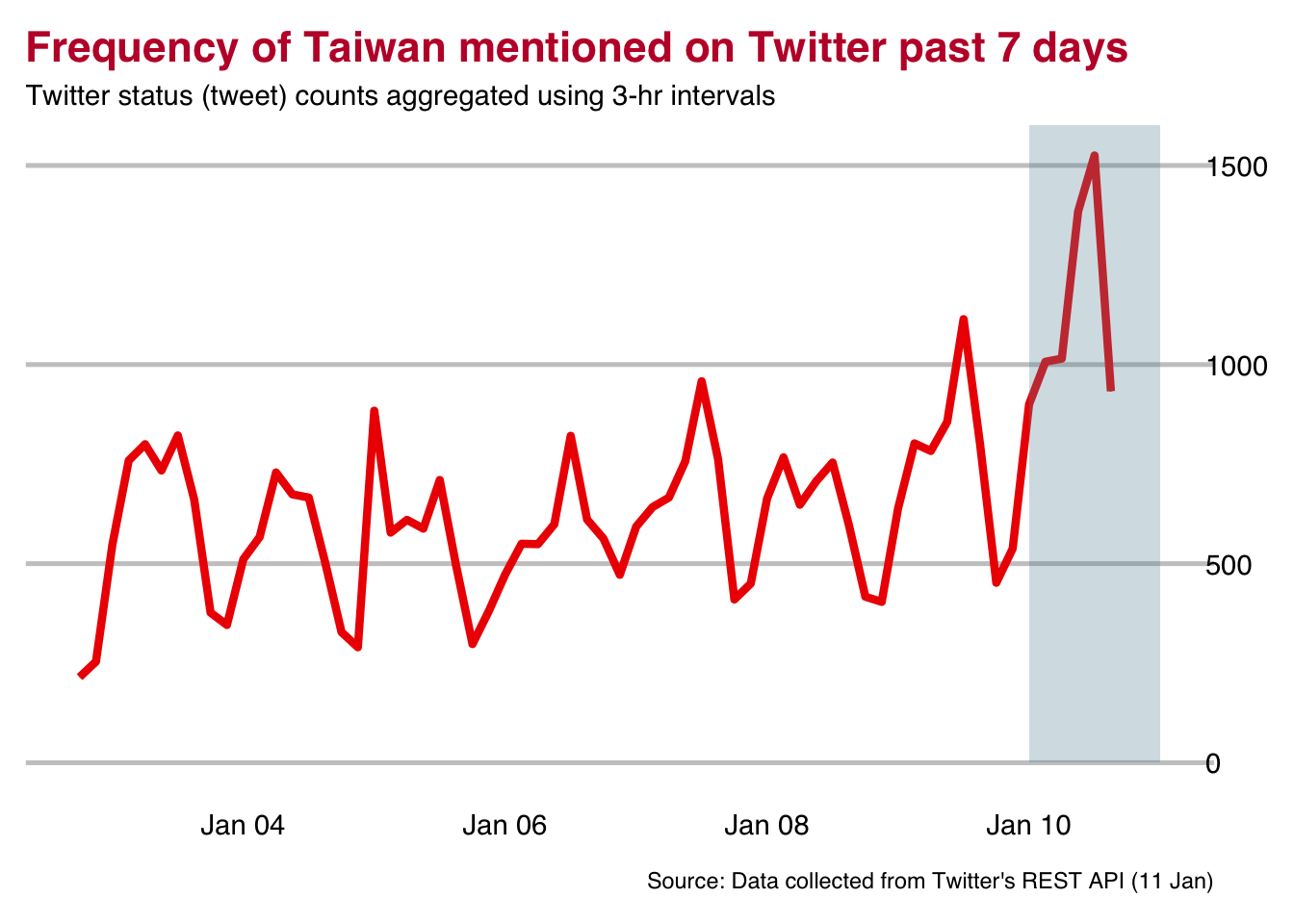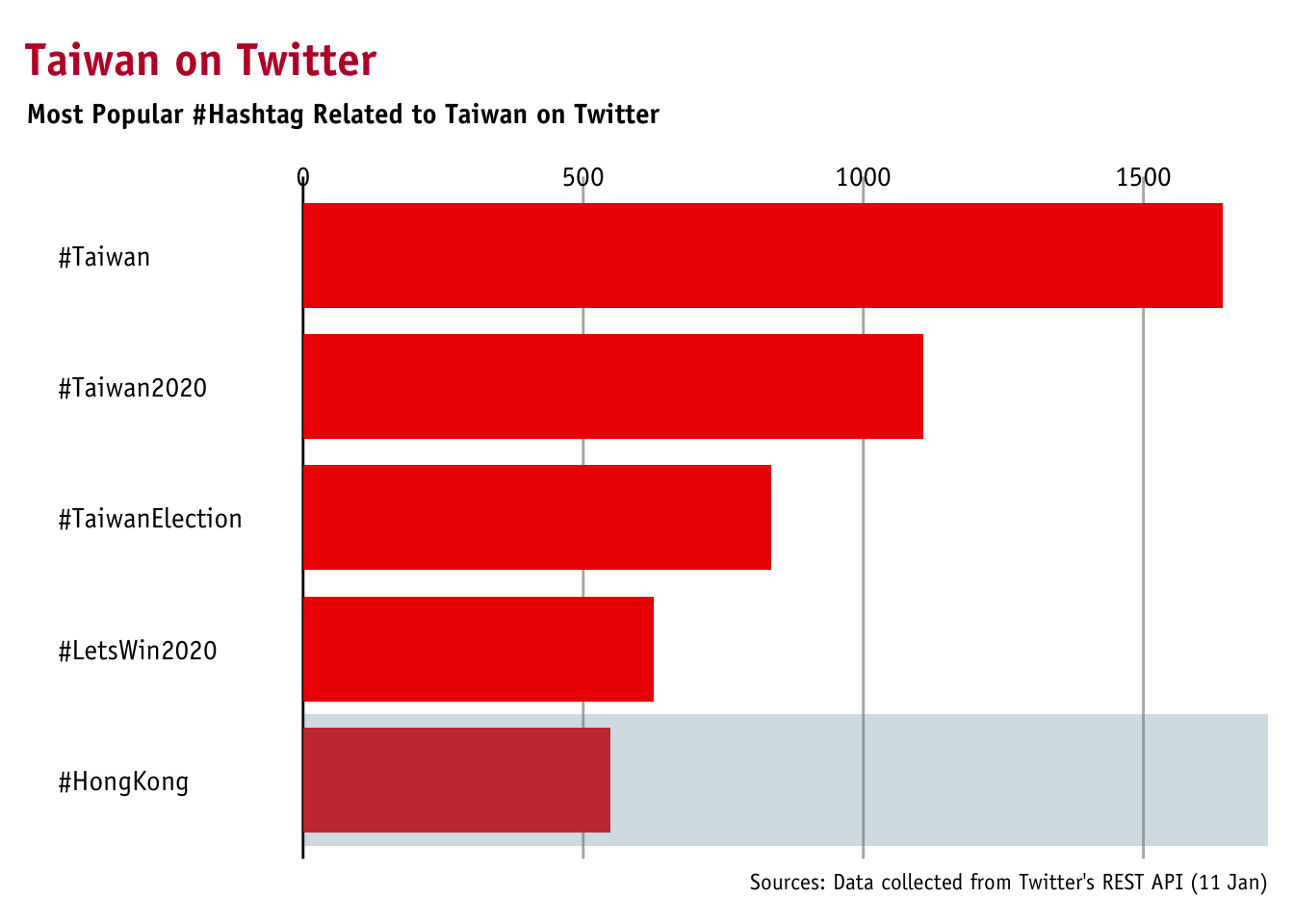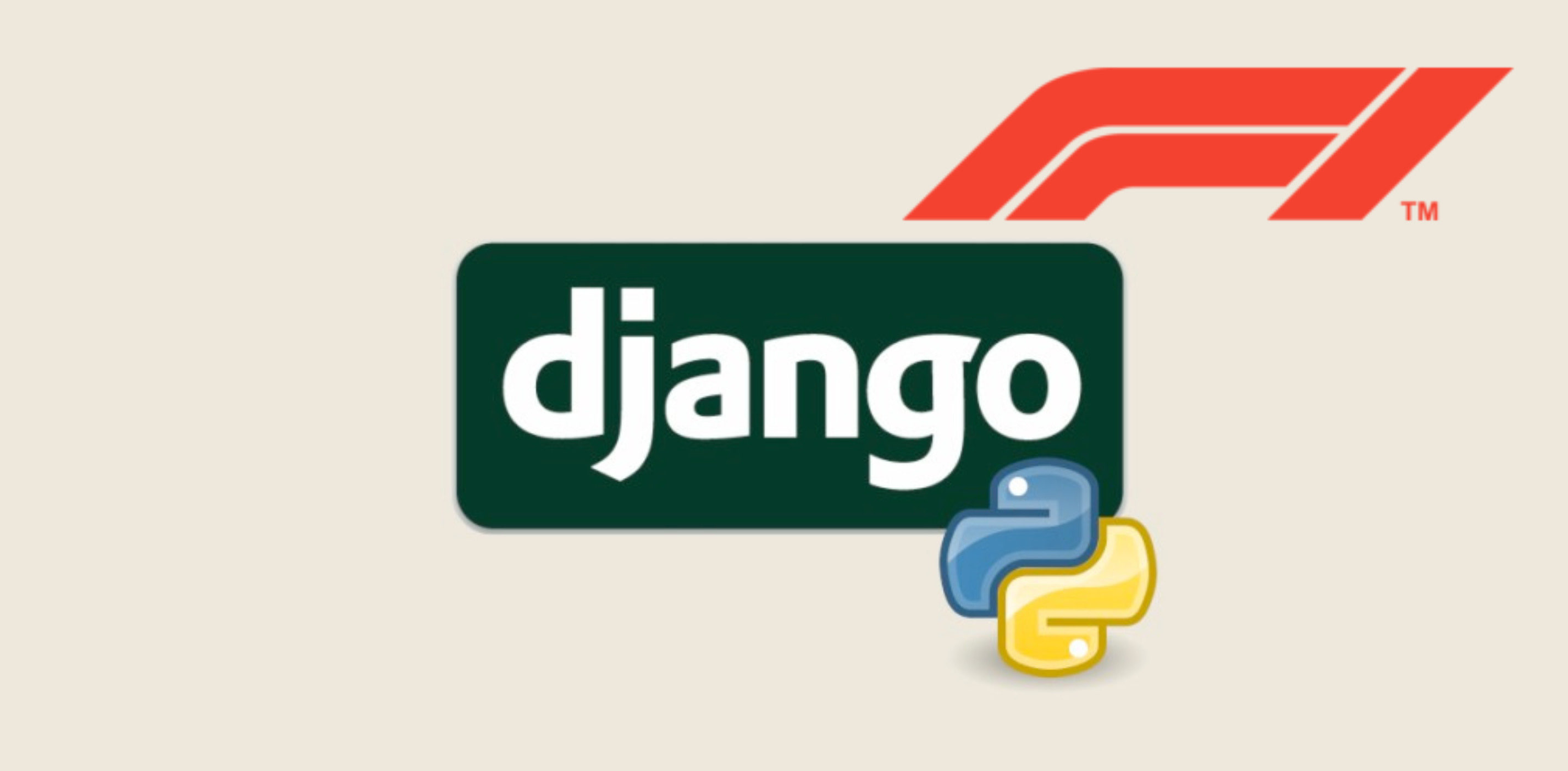Around 12 hours prior to the Taiwan general election, I scrapped around 300,000 tweets on Twitter for some data analysis and visualisation.

Unsurprisingly, the number of tweets that mentioned Taiwan surged on the day before the election.

Before I cleaned the data for analysis, I was expecting the most popular hashtags would all related to Taiwan and its election. Then when I saw #HongKong is the 5th most popular hashtag that relates to Taiwan’s tweets, I thought, oh interesting. But after giving it a second thought it in actuality makes perfect sense, as many people agree that the Taiwan 2020 election in tightly connected to Hong Kong. The Economist even went on to claim Ms Tsai’s victory is “thanks to Mr Xi and his minion in Hong Kong, Carrie Lam.”

After it is announced that Ms Tsai has secured her second four-year term as the Taiwan president, leaders and politicians from various countries sent their congratulation messages one after another. With nearly 70 countries' congrats messages, most of them are from America and Europe. As a Hongkongese, this is extremely encouraging for me to see the nearly all red America area.
“Today’s Hong Kong, Tomorrow’s Taiwan”, is a common way of saying among some of the youngsters in both Hong Kong and Taiwan.
A bit more than a week ago on 11 January, was the general election in Taiwan. Tsai Ing-Wen who represented the Democratic Progressive Party (DPP) was running against Han Kuo-Yu from the KMT. Tsai, the then President was re-elected as Taiwan President by earning over 57 per cent of the votes, around 8 million votes.
Days before the election, people believed that it would be a tight fight between Tsai and Han due to the rally prior to the election of both campaigns were equally huge. The general election this time was so critical that aroused tremendous attention was because of the democratic implications lying underneath.
I was talking with my friend from Taiwan after the election about there are voices about Taiwan is going towards independence. When I was about to shrug it off since I’ve always believed that Taiwan is an independent country of her own, my friend told me that it is still a debate within Taiwan until today.
Opinions within Taiwan are already divided. While part of the population identifies themselves as “Taiwanese” and don’t want to associate themselves with the KMT, the others see themselves as the citizen of the Republic of China (ROC). The majority of this portion of people support the KMT and are afraid of losing the Republic of China as part of their identity.
The ROC government in Taiwan was established after the loss of mainland China to the communist party in the 1949 Chinese civil war. Before their arrival, there were already local Taiwanese people in the Taiwan territory. Various reasons contributed to the diverse view on the KMT today. Upon their arrival, the KMT prohibited the local Taiwanese to speak Minnanese (the initial official language in Taiwan), the 228 incident in 1947 that followed by a nearly four decades of martial law.
In some sense, the supporters of the KMT today are mostly people who followed the government to fled to Taiwan back in 1949 and their descendant. Intuitively, while this group of people have some sort of psychological connection with ROC and China, they also had a hard time to understand why the KMT lost in the election yet again.
Alas, local Taiwanese will never feel the same as they do.



